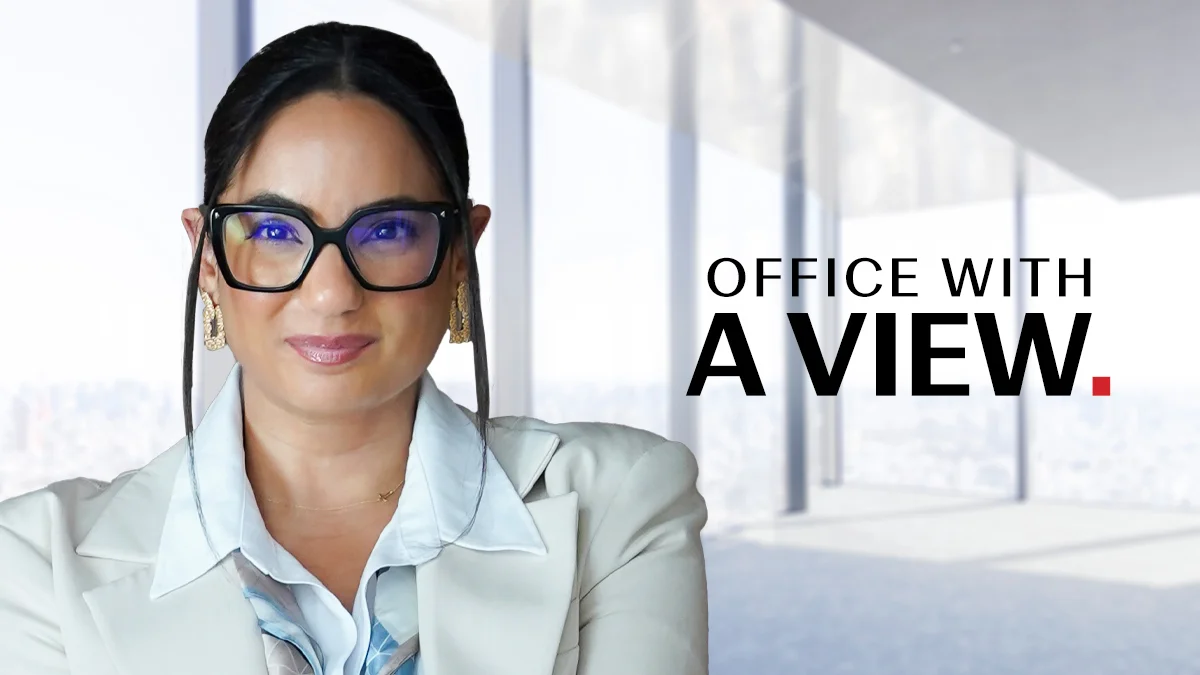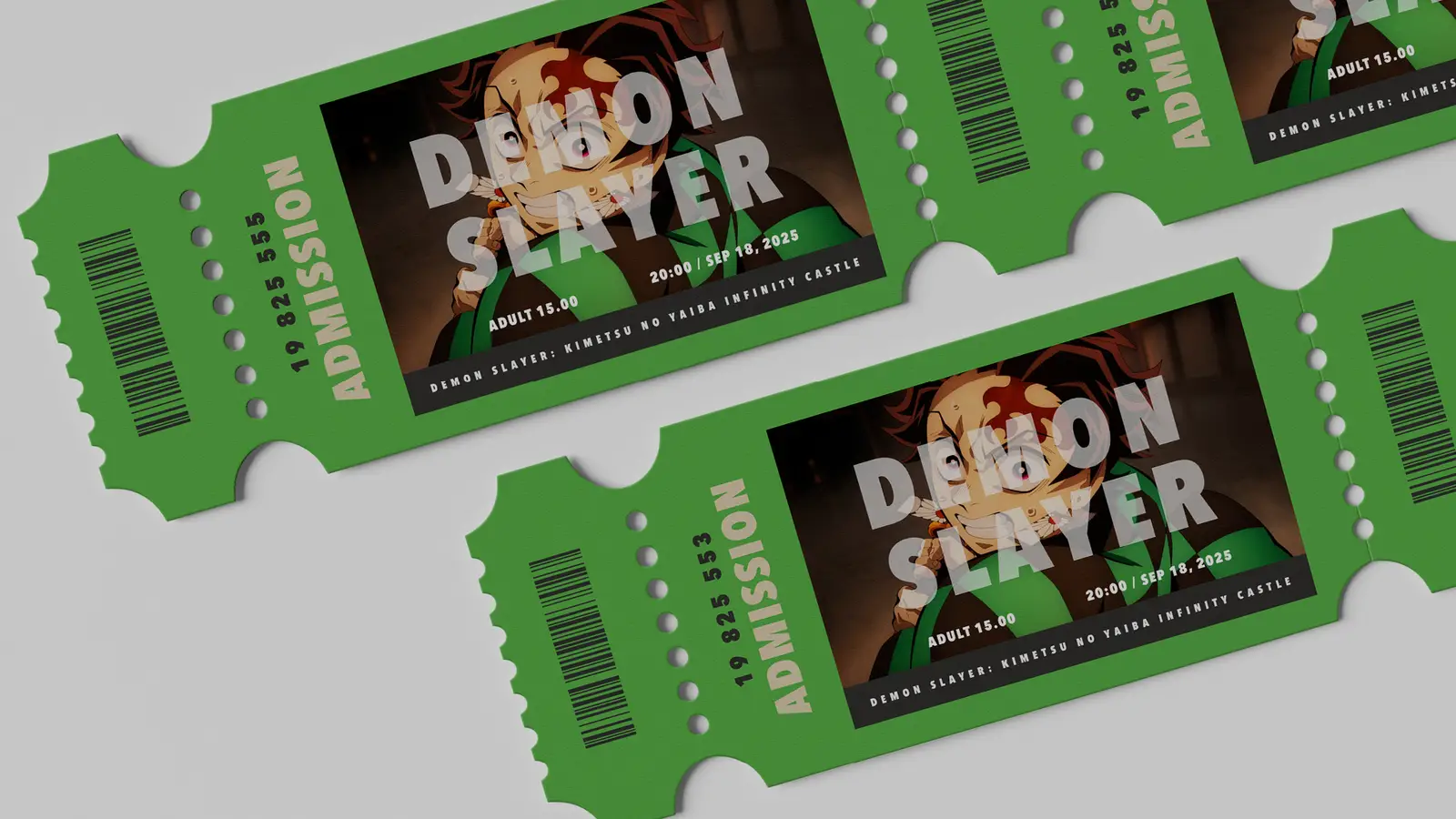By Raquel ‘Rocky’ Harris
Copyright thewrap

Over her more than 15 years working in the talent management industry, Pamela Zapata has witnessed Black and Brown content creators undercharge for their services while being overlooked by brands in comparison to white influencers — despite generating higher media value. In an effort to change that narrative, she took matters into her own hands by starting talent agency Society 18.
When she launched the creator-focused firm in 2019, Zapata didn’t know much about running a business, she told TheWrap. Fittingly, the types of clients that were referred to her were also fresh, determined faces new to the influencer game and in need of guidance.
“I didn’t even know how to begin to find resources or someone that would invest,” Zapata shared. “So for me, it was really just about starting something that was purposeful. I really just wanted to create impact.”
Traditionally, all it took was for your favorite celebrity to show up in a Pepsi commercial to encourage you to buy a bottle or a massive movie star to use a Nespresso machine to get you to add one to your shopping cart. Now, more companies and brands are leaning on influencers to help market and sell their products. And Hollywood is tapping viral names like Benito “Benny Drama” Skinner and Charli D’Amelio to carve out their TV slate.
For Zapata, who has now landed on the Forbes Next 1000 and Inc. 5000 lists, there’s a bigger untapped opportunity in pushing influencers of color. Since 2019, Zapata told TheWrap that she’s scaled her company into a seven-figure business that boasts a roster of more than 30 clients, including Netflix’s “Love Is Blind” stars Kwame Appiah and Marissa George and OWN’s “Heart & Hustle: Houston” star Muneera Page.
In a conversation with TheWrap, Zapata unpacked how her drive to champion content creators of color led her to the creation of Society 18, her mission to shift society to be more equitable and inclusive, how the rise of AI influencers may just be a blip in the algorithm and where traditional celebrity is falling short.
Read on for Pamela’s full Office With a View interview, edited for length and clarity.
What made you want to start Society 18, and where did the name come from?
I went to school at Emerson in Boston, majored in broadcast journalism. I ended in marketing and PR, moved to L.A. and thought I wanted to be on camera. I interned at E! Entertainment, ESPN, Disney, had all these great internships behind the scenes, but ultimately found a love for that.
So straight out of college, I worked at Ryan Seacrest for two years in TV development, made my way over to E! where I met Jerenny Medrano where we worked in talent and casting, and eventually saw that there was this massive shift in interest. Instead of booking celebrity talent for on-air opportunities, our team was tasked to book content creators and YouTubers. At that moment, I was like, “Alright, there’s a massive change here happening.” I feel like I need to kind of dive in and understand the space a little more. I went to a startup called Sweety High, where I created their entire creator network. At the time, TikTok was Musical.ly. Initially, I saw there was a lot of talent and influencers that just didn’t really have good management. A lot of them were being managed by their parents. Sometimes, kids were/are being managed by really weird, seedy older men. And I was like, there needs to be a better organization focused on people in underserved communities, specifically, but also just talent that doesn’t have guidance and doesn’t really know how to navigate the space.
From there, I wasn’t ready to start my business yet. I wanted to get a little bit more experience. So I moved to New York, worked at UEG and Star Power, which are two separate agencies, one of them where I was overseeing Unilever’s influencer marketing and strategy — so a lot of their personal care brands, Dove, Suave, Tresemme, Axe, Simple. Then I transitioned over to Star Power, where I was overseeing the Estée Lauder business. So Estée Lauder the brand, Mac, Aveda, Origin, so heavily in the beauty space. Eventually, what I noticed is two things: there was a massive lack of representation on the management side. A lot of these bigger agencies were sending the creators to cast for these campaigns, but a lot of them weren’t truly diverse. You would see Black creators, but a lot of them had [light skin] or certain curl patterns. You weren’t really seeing deep skin tones, coily hair. I wasn’t seeing plus-size women. I wasn’t seeing Muslim women. A lot of diversity lacking. But I would find them on my own, and I was casting them through YouTube and Instagram, so I knew they existed. And when I was reaching out to them directly, a lot of them just didn’t have management. They were self-representing, which is where I saw the second issue, which was a massive pay gap where creators of color were just under-charging for certain scopes of work because they didn’t understand their value.
At that point I was like, “OK, how do I turn my passion into something that’s a little bit more purposeful?” I started consulting a couple creators on the side six months before I quit. I kind of hit a wall with my agency where I just felt overworked and felt like I wasn’t really being valued. And things started to pick up with the creators that our work was working with. I wasn’t really ready, but I truly believe in God, the universe and timing. Even though I wasn’t ready, something in my gut was telling me that it was time to go off alone. And that’s where I quit and put everything in. And was like, hopefully I can pay my rent and just cover my bills. Within my first 12 months in business, I was able to secure a million dollars in brand deals, which at that point was 20% as a management company, so I was able to actually make more than my salary and my agency.
[As for the name], one is symbolic of new beginnings and prosperity and eight was symbolic of success, growth and wealth. And that’s kind of where the number and name came from.
We live in a time where social media influencers are still somewhat rejected or not as easily accepted. What was it about this industry that appealed to you?
Social influencer marketing is probably one of the strongest forms of marketing, because you can really measure the ROI (return on investment). After the pandemic, consumer behavior completely shifted. Even though I started about six months before the pandemic, the pandemic hit, we initially took a hit with our revenue because brands were scared and pulling back. Then they realized that everyone’s at home, everyone’s social, digital-first and they had to find a way to still touch the consumer when no one’s leaving their house.
So billboards and more traditional forms of media were just not as effective, so they could hire content creators to create content remotely, use them for social and digital initiatives, and not have to take a L because studios and productions were shut down. They were like, “How do we make our dollars work?” I just personally feel like the content and the creators are just resonating more with audiences because they’re more true to what we are. And I feel like celebrity kind of just lost its appeal a little bit.
Do think traditional celebrities should try to tap into an influencer mindset to maintain a certain degree of relevance and/or help their brand?
Yeah, I think so. We’ve seen a resurgence of celebrities that are trying to get into content creation. I mean, look at Will Smith with his whole entire brand. He actually hired the person [who] used to handle Ryan Seacrest’s social, went to work with Will and has completely turned him into an actual social media influencer. [Smith] came from the traditional side. So we’re seeing a lot of celebrity talent, traditional actors, singers go into that space because they see value. Everyone has the right to create the brand they want on their social platform, but I think it’s a missed opportunity. If I’m looking for talent, especially celebrity talent, I’m looking for video content because 95% of the requests that we get for scopes of work are video content.
What would you say is the biggest misconception about social media influencers?
One of the biggest misconceptions, and I think brands are finally starting to [figure it out], is that influencers don’t really have value, don’t have personality, may just be pushing products. That’s not the case. A lot of influencers will pass on deals if they’ve never used the product or if they can’t relate to the product. We’ve had to pull out on a couple of deals because of some brands that were dissolving their DEI initiatives. Our clients were like, “We’re not going to do that,” and we fully support them. We have another creator that’s been very transparent about her IVF journey and that’s something we fully support as well because there are women that are going through things that other people can relate to. The misconception that creators are just pushing product, don’t care and are just trying to get a paycheck isn’t real.
As you mentioned, there’s still a huge racial pay gap between BIPOC and white social media influencers. For Black and white influencers specifically, there’s a 35% pay disparity. How did you first notice this and why do you think this is still happening? Is it lack of resources or knowledge?
I remember when I was casting for a Suave campaign and there was a creator we had, probably like a $25,000-$30,000 budget, and when I asked her for her rate she was like, “I’ll do everything for $5,000.” I was seeing that over and over and over again. So I knew the pay gap existed and a lot of it was to your point, lack of resources, lack of knowledge, lack of diversity within the representation realm in general.
One of my colleagues called me, she’s like, “Hey, I had a six-figure deal for this creator and she came in at at like $15,000 and this is commercial usage, digital, print.” I was seeing all across the board through myself firsthand and through a lot of my colleagues in the industry who were working who were sending me talent, they were like, “They need help. They can’t do this.” We had another creator that was making maybe $50,000 [in deals] with a bigger agency and a year after that, we were able to close $250,000 in terms of deals. So that’s five times the amount. That was directly impacting her, because they probably didn’t think it was time for her to update her rate. They probably weren’t really pitching her strategically. A lot of these creators feel like they’re getting overlooked, especially by these bigger agencies. We actually just got talent who came from CAA and was feeling like she was just a small fish in a big pond. We’re a little more boutique, more strategic and a lot more hands-on.
You went from being $100,000 in debt to scaling Society 18 into a multi-million-dollar business with no investors. I know founders and entrepreneurs often try to keep as much equity as they can, but I’m curious what made you personally want to go take a path with no financiers?
Honestly, I had no investors to seek. I’m first-generation. My parents come from the Dominican Republic. I don’t come from generational resources with people that were willing to invest. I didn’t even know how to begin to find resources or someone that would invest. So for me, it was really just about starting something that was purposeful. I really just wanted to create impact. When that happened, a lot of creators just started to come to us through referral. We grew a lot faster than I would have ever anticipated, so we didn’t really need investment because when I started it was just me. I was just trying to cover my own salary. Then slowly we doubled our roster year over year. We were doing no new outreach, no new business, it was all through referrals. Once I got to a place where I was steady, then people started approaching us for investment. But I was already kind of going. We’d already hit seven figures and I really didn’t need support at that point.
Developing, launching and scaling a business is no easy feat for anyone. And when you’re a woman, especially a woman of color, there often comes unique challenges. What’s this experience been like for you?
I’ve had to hire a business coach/therapist/meditation coach because there were a lot of struggles because — back to the [earlier] point — I didn’t come from a family of entrepreneurs. I don’t have generational wealth; I’m trying to build that for the next generations of my family. Between understanding finances, understanding legal, understanding taxes, understanding how to scale properly when it’s time to hire, how to follow LLC — there’s so much that goes into it. No one in my family has ever had a financial advisor. I’ve had to work through, “What is my relationship with money?” I came from a saver mentality. My mom was like you need to save, save, save, but as a business owner, you have to shift that mindset.
Like the rest of the entertainment industry, artificial intelligence is creeping its way into the social media influencer space. We’re seeing AI influencers garner massive followings despite being fake. What’s your take on this growing trend?
There’s definitely value that creators can pull from. The AI influencer is an interesting topic. Ultimately, I think it’ll have its moment, but I don’t think it will replace people. People still want to connect with people and I think that’s just inherently ingrained in who we are. The AI influencer ultimately is not going to be a longterm strategy. I think brands and agencies have to understand how to leverage AI in a way that is going to help them, but not in a way that’s going to replace content creators. I know it’s a hot take, but I’m like you can keep it moving. We’re not interested.
What is the future of the creator economy? What do you foresee over the next five to 10 years?
I think brands and agencies are going to be a lot more conversion-focused and insights-driven instead of doing campaigns with creators that they’re like, “Oh, this person looks pretty or this person has great hair.” It’s like, can they actually sell a product? Are they a fan of my brand?
Back in the day, I feel like I used to be able to close a deal just by hitting up someone and being like, “Hey, I have this creator. This is her reach. Do you have any deals you can put her on?” Now it’s like, “Well, what’s her reach? What’s her engagement? If it’s not over 2% we can’t even consider it. What are her story views? Does she have link clicks?” [Brands/companies] are getting so much more nitty gritty with data, and I think that’s great because, ultimately, everyone’s going to have to level up. You can’t just be a pretty face anymore. What is your personality? I think you have to stand for something, too.
What advice would you give content creators or folks who’d like to be?
Just focus on the creation of the content and your audience first and then from there you’ll grow. People get caught up with wanting to be an influencer that they lose sight of what it actually is to be a content creator. They’ll be like, “How do I get brand deals?” I’m like, “No, build your brand, build your community, build your audience.”
You’re coming out with a podcast titled “Redefining Influence.” What made you want to pivot into podcasts?
I have so much insight and knowledge to share. I feel like only my creators, our clients and our team benefit from the wealth of knowledge that I feel like I’ve acquired over the last six years. For me, I felt like I needed another outlet to help share insight and knowledge in terms of the creator economy, entrepreneurship, scaling a business, building a business and also all the stuff that comes with that. The imposter syndrome, the trauma, the healing, the limiting beliefs — I wish I had more resources to lean into when I was kind of building and scaling. So for me, I want to use my platform to just share knowledge. I’ll have guests on my show that are entrepreneurs, but also creators.



